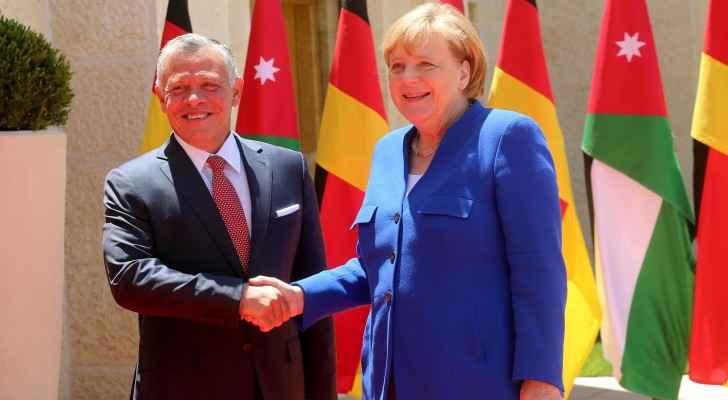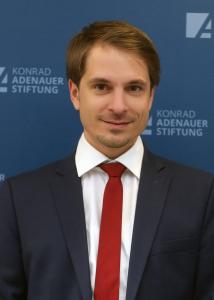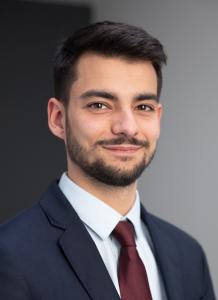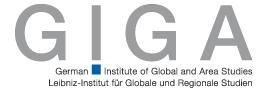Expert panel
Details
Jordan has since long been considered an “anchor of stability” in the Middle East. A staunch ally of the West, but also, at times, a champion of Arab nationalism. The Hashemite Kingdom withstood the waves of war and civil unrest in the region. Indeed, the resource-scare country became a haven for refugees from its conflict-ridden neighbours. But the new geopolitical dynamics, such as the Abraham Accords and the re-orientation of US and European foreign policy (to Asia and, since the Russia-Ukraine War, to Eastern Europe), risk to side-line Jordan that is dependent on international aid. An escalation of the lingering Israeli-Palestinian conflict, that has become more probable with the new Israeli government, could also have negative spill-over effects across the Jordan river.
Internally, the cracks in Jordan’s social contract and the failings in governance have recently become more and more visible. A wave of strikes and protests against rising fuel prices rattled parts of the country at the end of 2022. Youth unemployment is as much increasing as are complaints about corruption and insufficient governmental services. While a royal initiative has promised political reforms to broaden political participation and new legislation strengthens the role of political parties, the security apparatus tightens its grip on civil society and media.
The way forward for the country which has, in the last decade, become a top recipient of German development aid and an important partner of Germany’s Middle Eastern diplomacy, remains thus uncertain. Against that background, KAS and GIGA want to take the pulse of the Hashemite Kingdom, both concerning its foreign and domestic policy. We will also discuss options of how to best adapt German and European policies towards Jordan.
The policy roundtable will take place on the 27th March 2023 from 9.00 am till 13.30 pm at the Akademie der Konrad-Adenauer-Stiftung.
Address: Tiergartenstraße 35, 10785 Berlin, Germany
To register, please contact Simon Engelkes at simon.engelkes@kas.de
Agenda
09h00 - Welcome Coffee and Registration
09h30 - Welcome Remarks and Introduction
- Dr Canan Atilgan
Head of Middle East and North Africa Department, Konrad-Adenauer-Stiftung, Berlin - Dr Eckart Woertz
Director of the GIGA Institute for the Middle East, Hamburg
10h00 - Panel I: Jordan’s foreign policy in a changing Middle East
Chair: Dr Edmund Ratka, Resident Representative of KAS to Jordan
- Laith Ajlouni
Jordanian Analyst and Political Economist
Jordan’s foreign policy: drivers, interests and instruments – how best to adapt? - Farah Bdour
Programs Director, Amman Center for Peace and Development
Jordan and the Middle East Conflict: how to navigate among Israeli-Palestinian tensions? - Dr André Bank
Senior Research Fellow, GIGA Institute for the Middle East
Jordan, Iraq, Syria and beyond: towards renewed Arab cooperation? - Dr Ulrich Ernst
Director, Near East Department, German Foreign Ministry
Jordan and Germany: a partnership to shape the new Middle East?
11h30 - Coffee Break
12h00 - “Political Modernization” – Jordan’s quest for a new governance model
Chair: Dr Maria Josua, Research Fellow, GIGA Institute for the Middle East
- Wael Al-Khatib
Jordanian Anthropologist and PhD Student at the University of Ghent
The Royal Initiative to Modernize the Political System: A step towards more democracy? - Mohammed Abu Dalhoum
Senior Research Analyst, NAMA Intelligence Solutions, Amman
The Public and Politics: How to engage the people within the political system? - Layan Ounis
Program Manager & Research Assistant, KAS Jordan Office
From political reform to social change: is a new role for women emerging? - Dr Benjamin Schütze
Senior Research Fellow, Arnold-Bergstraesser-Institut, Freiburg
The US and Europe in Jordan: supporters or spoilers for democratic development?
13h30 - Concluding Remarks
Policy Advisor, Middle East and North Africa Department, KAS Berlin






